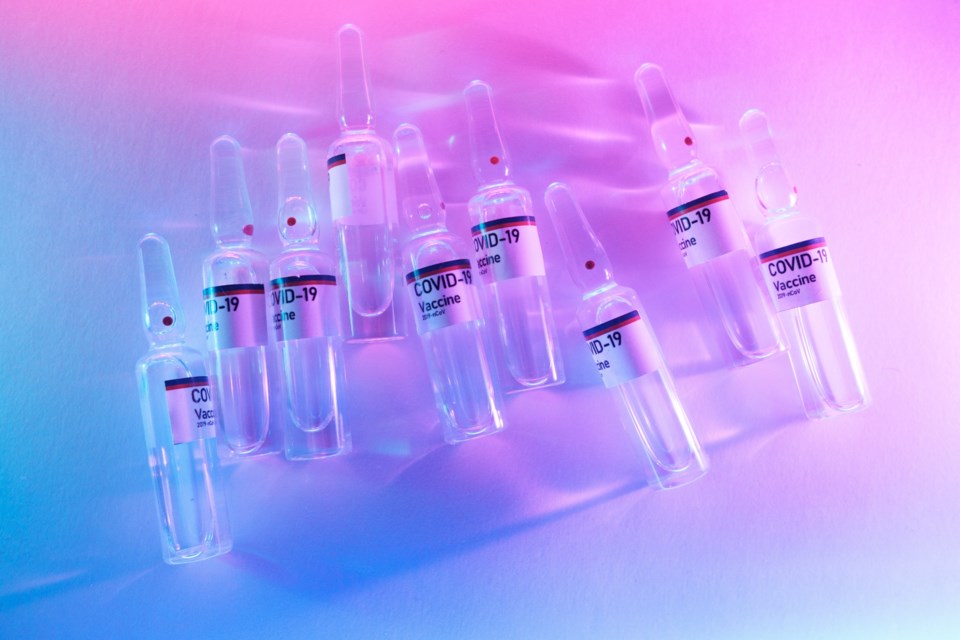The eligibility for second doses of the Pfizer COVID-19 vaccine has expanded to include some 12- to 15-year-olds.
Certain people in that age group who received a Pfizer vaccine at least 28 days ago can now book an appointment for their second dose of the vaccine.
People eligible for the second dose in that age group:
- Have identified medical conditions such as:
- Transplant recipients
- Individuals with malignant hematologic disorders and non-hematologic malignant solid tumours receiving active treatment (e.g. chemotherapy, radiation)
- Recipients of hemodialysis or peritoneal dialysis.
- Are urban Indigenous or live with an Indigenous person
- Reside in First Nation communities
- Are health care workers
- Are essential and critical retail workers
- grocery, food bank and non-clinical pharmacy workers and restaurant workers
The health unit is encouraging youth to bring a parent of legal guardian to the appointment.
Because the region is a provincial delta hot spot, second doses of the COVID-19 vaccines have been prioritized.
Second doses have already been available to adults who are 18 years and older for the Moderna vaccine, and 16 years and older for Pfizer.
A list of drop-in and clinics requiring appointments is available here.
Earlier this week, the health unit said it's following reports of possible heart issues after people receive an mRNA COVID-19 vaccine.
Myocarditis (inflammation of the heart muscle) and pericarditis (inflammation of the lining around the heart) are the two conditions being monitored following a Pfizer of Moderna vaccine.
According to Public Health Ontario, the information available to date "indicates that these events occur more commonly after the second dose, within several days after vaccination, mainly in adolscents/young adults and more often in males than females."



